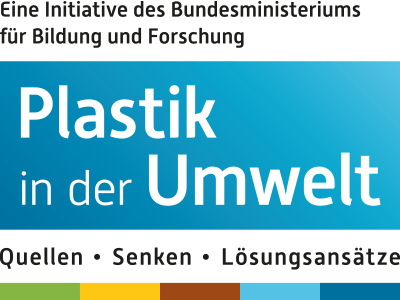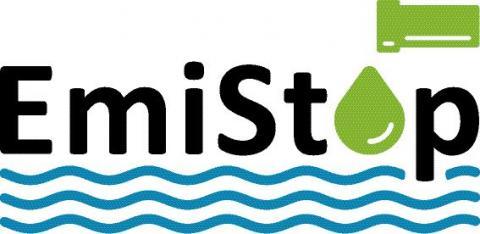Portuguese web platform reports on the joint project EmiStop
Portuguese web platform reports on the joint project EmiStop
Plastics have become an integral part of our everyday lives, and cause many environmental impacts. The pollution microplastics is increasingly in focus. First, these tiny particles were discovered in the oceans, then were found in lakes and rivers and eventually the soil. "Plastic particles are everywhere," says Luisa Barkmann , a doctoral student in the area of waste water technology of the Technical University of Darmstadt (TU Darmstadt), in Germany. In his dissertation, she studied the presence of micro-plastics in municipal sewage treatment stations. Now, on his doctorate, she is dedicated to wastewater industry. She looks closely, especially the production companies and plastics processing: in which value chain stages and for which the plastic particles channels enter the environment? And what is the industry's share in the global burden?
As part of the joint project EmiStop, research teams based in Darmstadt are analyzing industrial wastewater to calculate their participation in contamination by micro - plastics. Not an easy task, because even sampling is a challenge, says Luisa Barkmann. For each company, she had to think of an individual strategy, as companies are different not only in their production processes, but also in its channels and water management systems. Many do not know how much wastewater is generated in a given area. And not only in manufacturing but also in particularly microplastic further processing and transfer to the environment.
The full article is available on the Portuguese platform Canal Ambiental Tech4health in English, Spanish and Portuguese.

